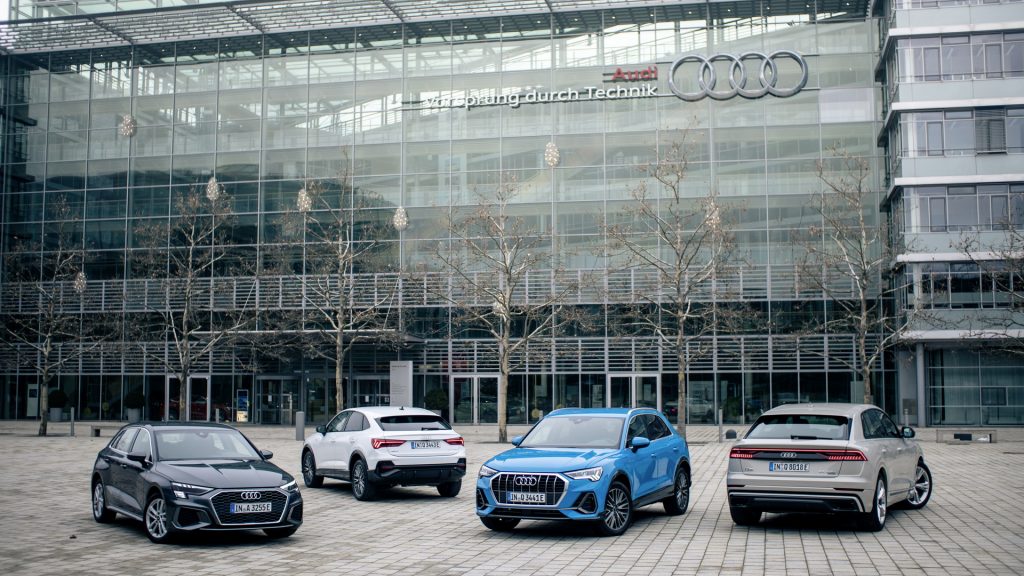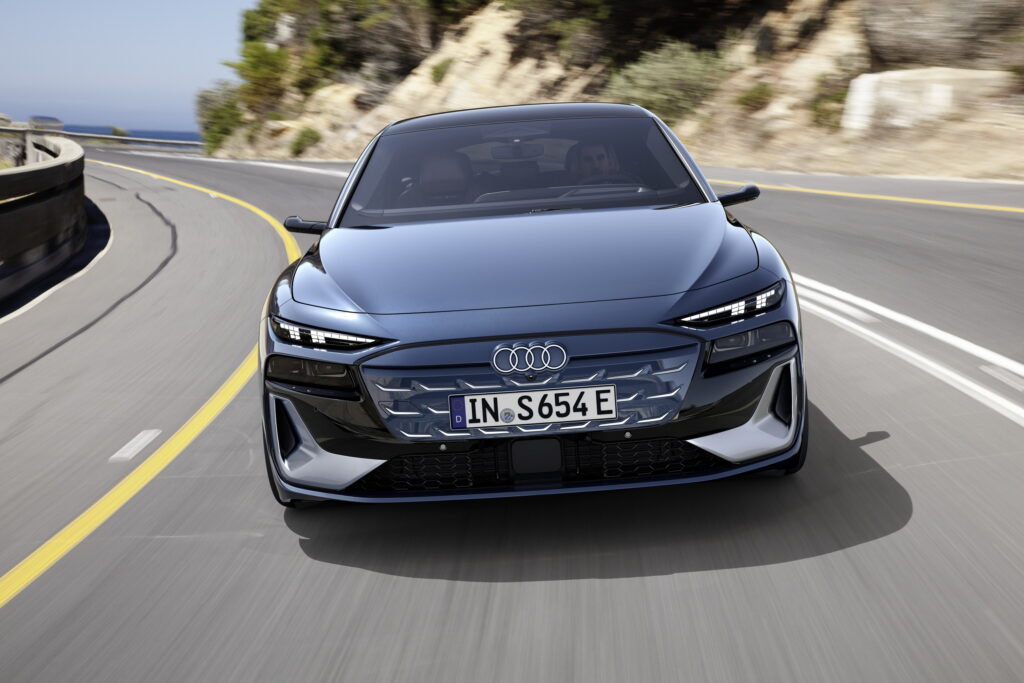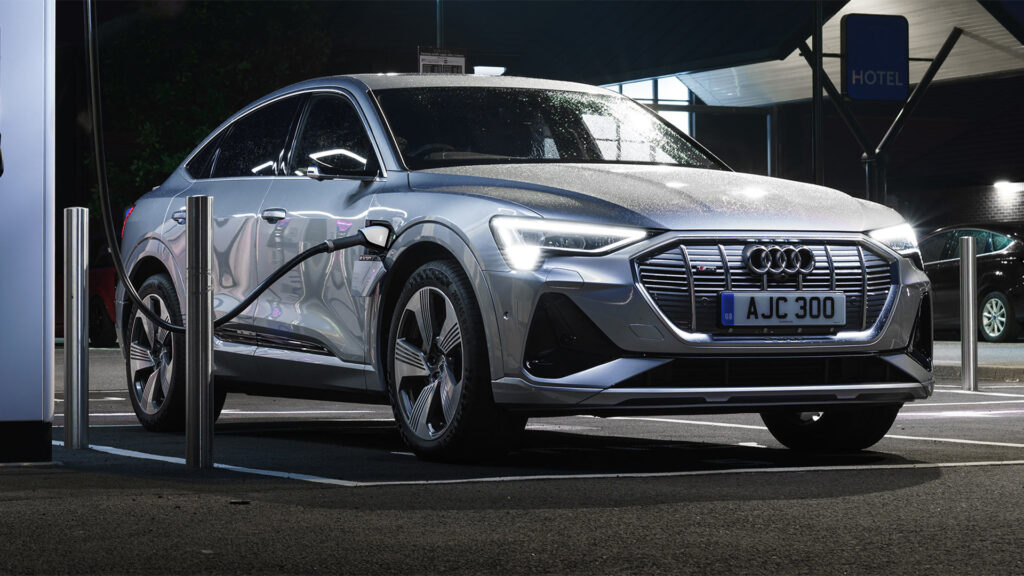- The German brand will retain a flexible strategy to respond to regulation changes.
- A slowdown in demand for BEVs has led Audi to focus more on PHEVs.
- The company recently approved an A3-sized BEV.
Audi chief executive and R&D boss Gernot Döllner has reiterated a shifting belief that the German brand won’t stop building ICE-powered vehicles in 2033, as it had originally planned.
It was back in mid-2021 when Audi said it would look to eliminate internal combustion engines by 2033, but like many other brands, it’s realized that such a change could be premature. Recently, it has softened its approach and increased its focus on plug-in hybrids, noting a slowdown in the adoption of battery-electric vehicles.
Read: Audi Expects Long Transition To EVs, Will Grow PHEV Lineup
While recently speaking with Top Gear, Döllner indicated that the brand’s timeline to shift completely to BEVs is flexible and noted that if regulation changes are made, Audi will be prepared to adjust as needed.
“Legislation now says the car has to be locally emission-free, and even e-fuels don’t help because it isn’t locally emission free,” he said. “If we as mankind believe we need a change in CO2 – and look at the weather, we have to change – the only way is a battery vehicle. The Paris agreement says we will need CO2 neutrality in 2050.”
Asked directly if a 2035 ban on ICEs in certain markets was delayed, Döllner said Audi can adapt but will still slowly reduce its number of ICE vehicles.

“We will have to adapt it… slightly,” he said. “We are flexible. But you have to stick to your strategy, as a model cycle is seven years. In 2027-28 we will have the peak amount of models, almost double those we have now.”
As we recently learned, future Audi combustion models will be offered as plug-in hybrids. Audi describes this as a “bridging technology,” but has now admitted this “bridge is longer than we thought.”
While the growth rate in EVs has slowed, Audi still has a heap of new EVs in the works. Döllner says the brand recently decided on a new BEV at the lower end of the A3-sized segment using an updated version of the MEB platform. Audi also sees room for a new flagship model, akin to the Grandsphere concept but updated for production.




